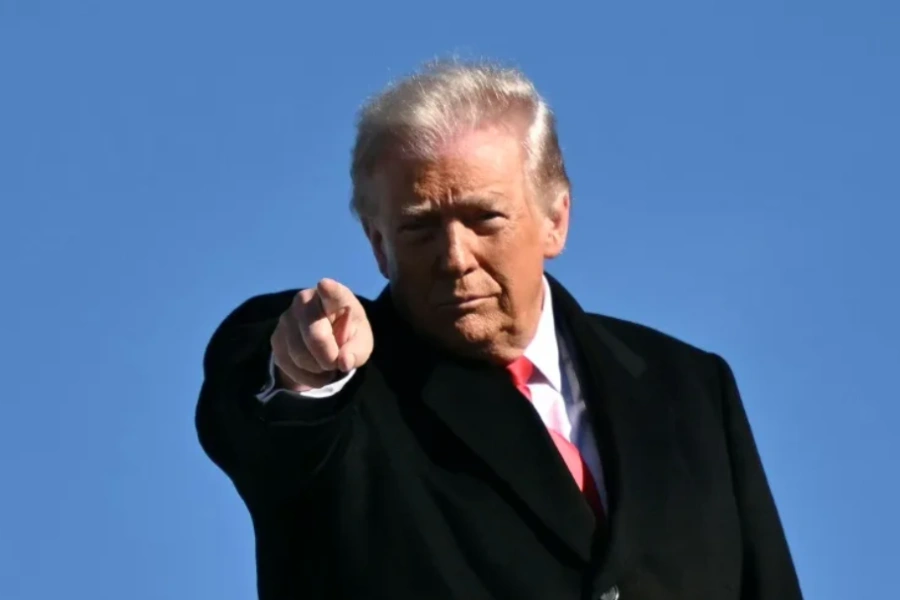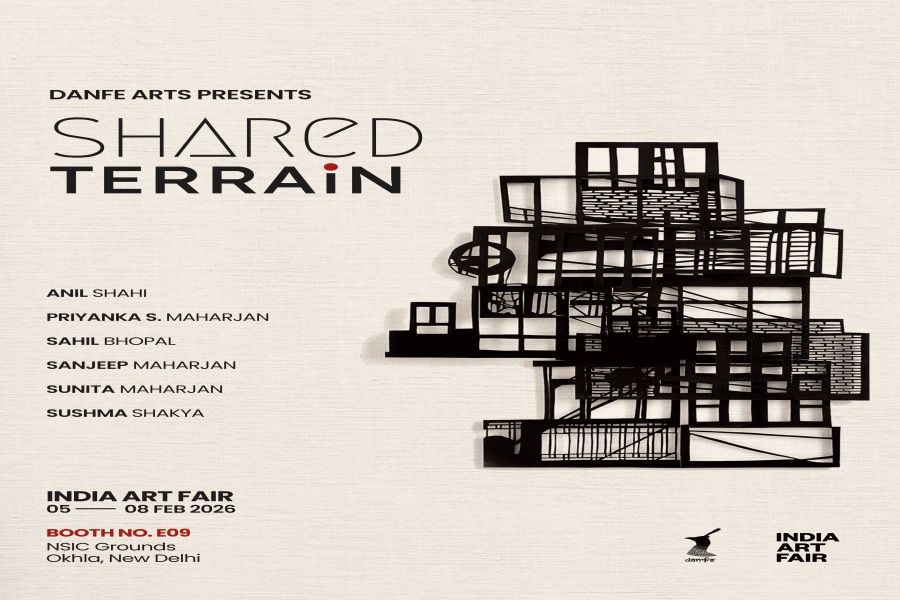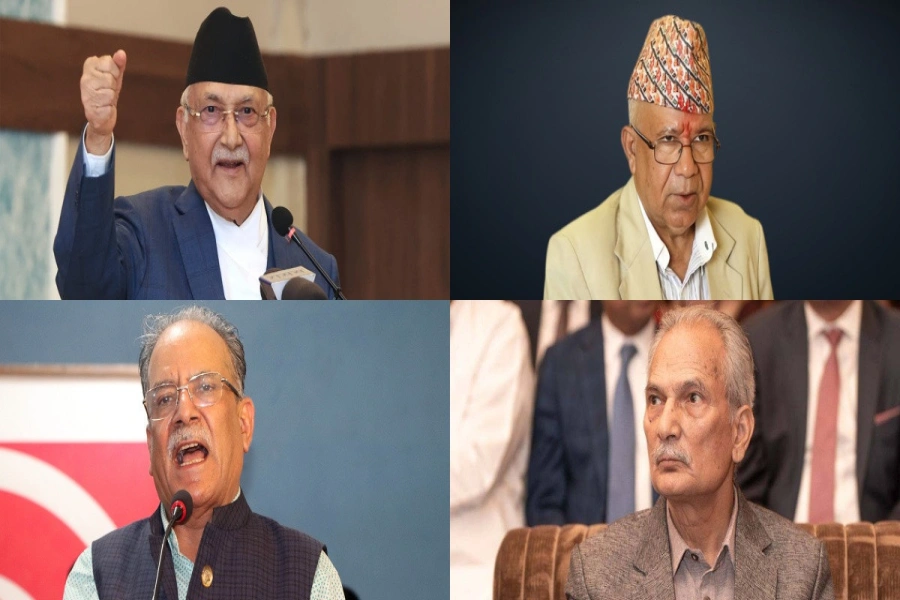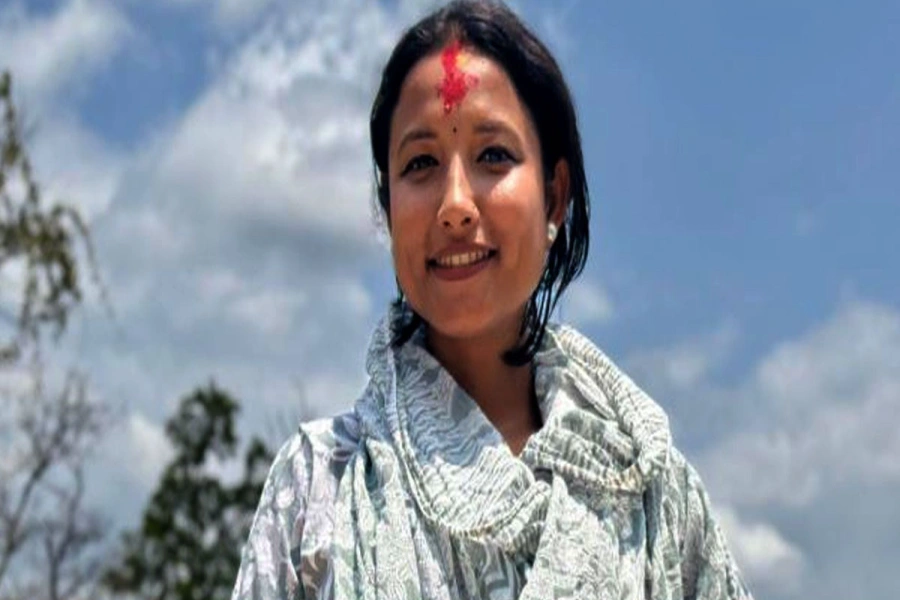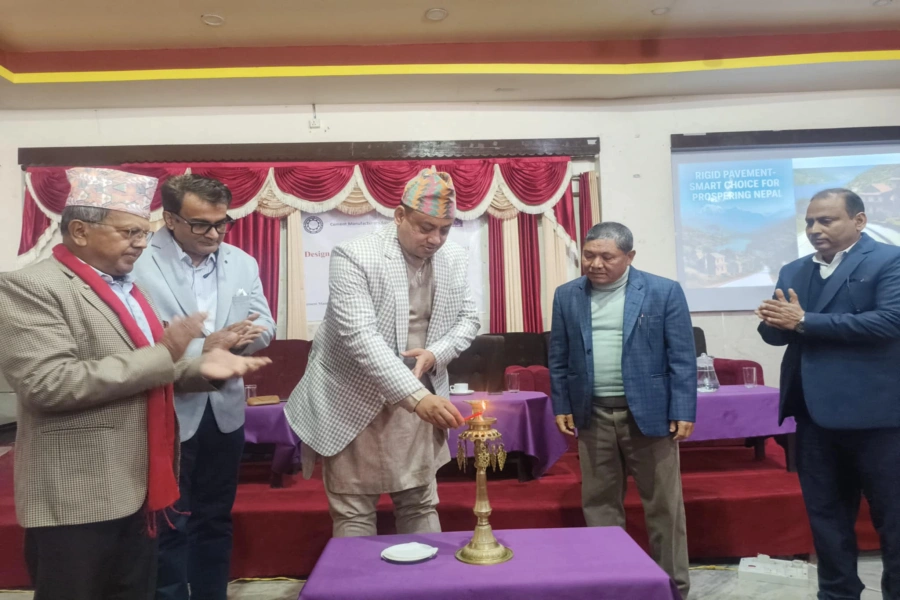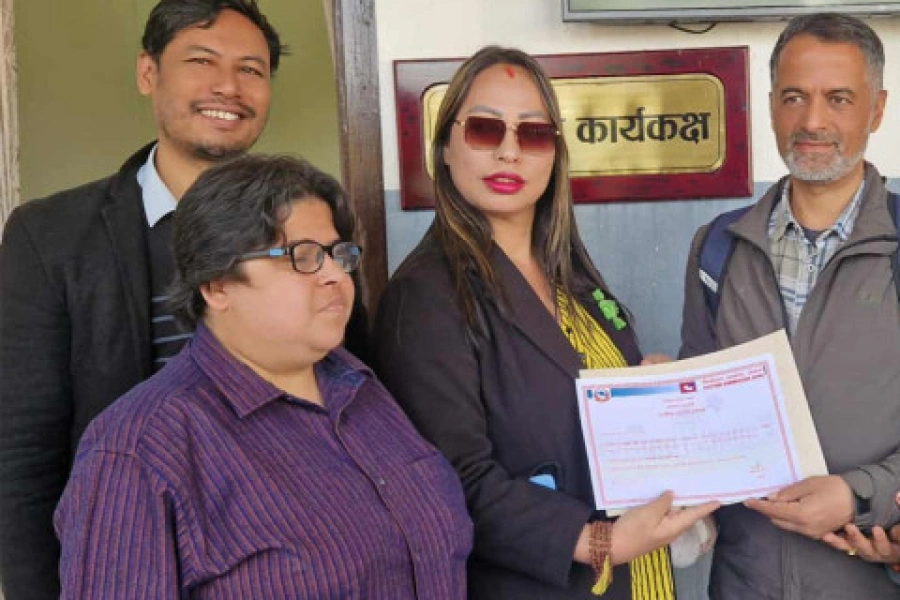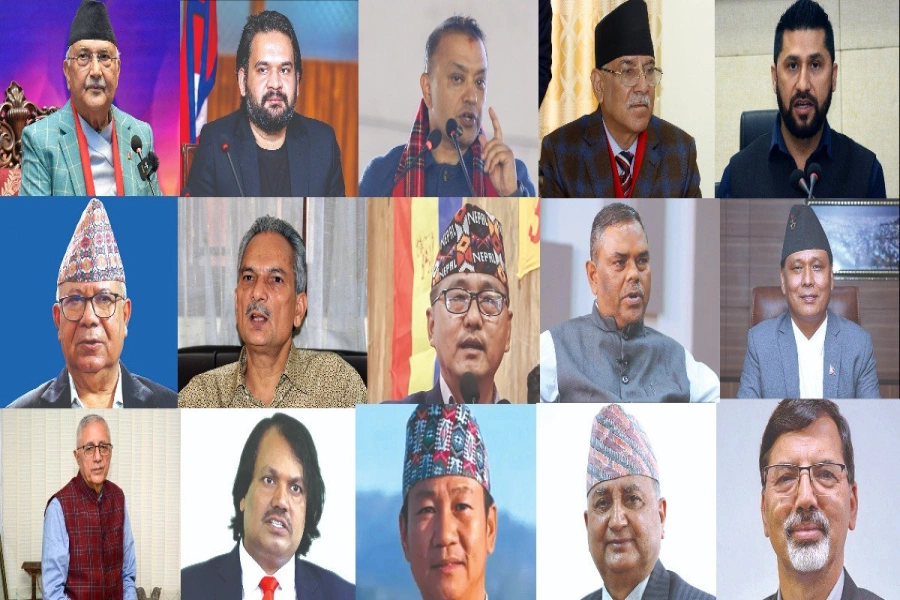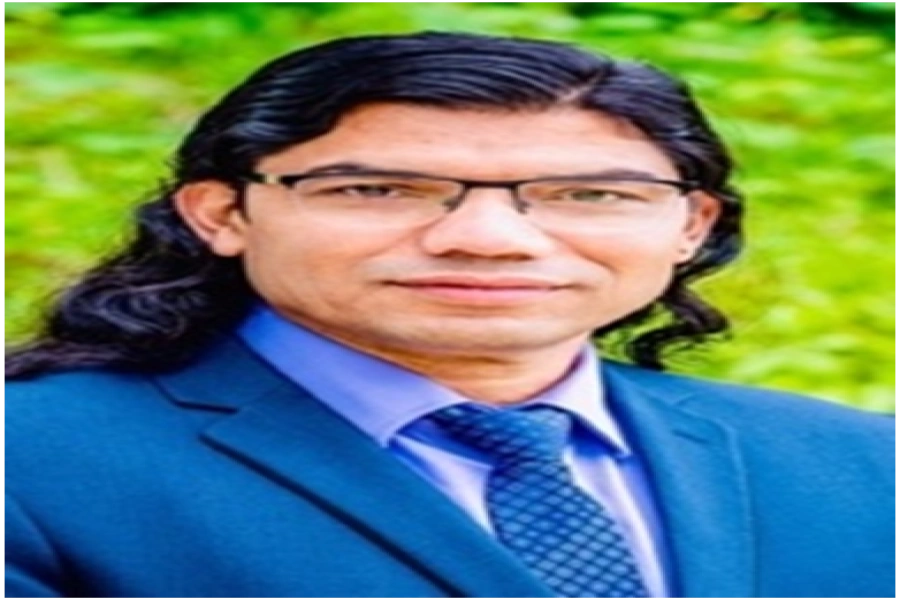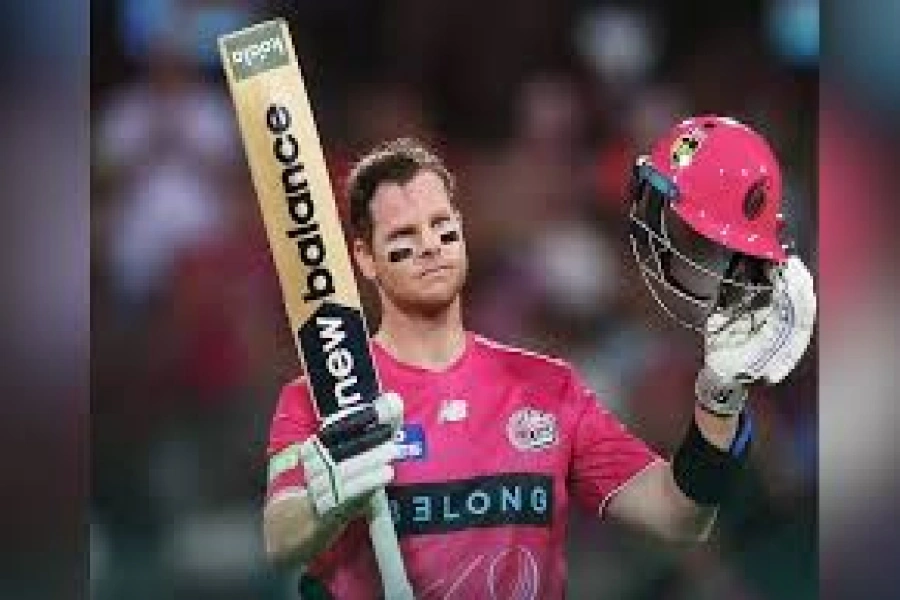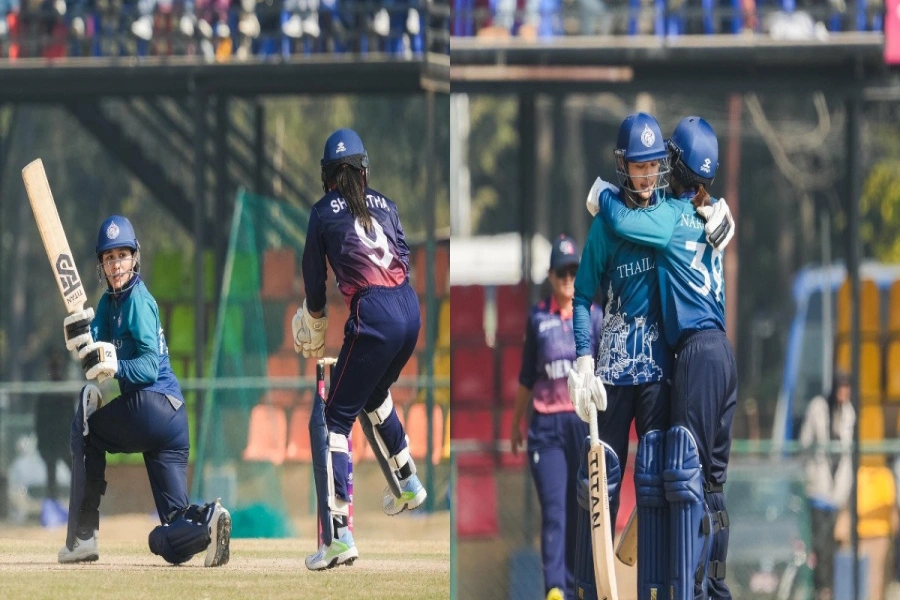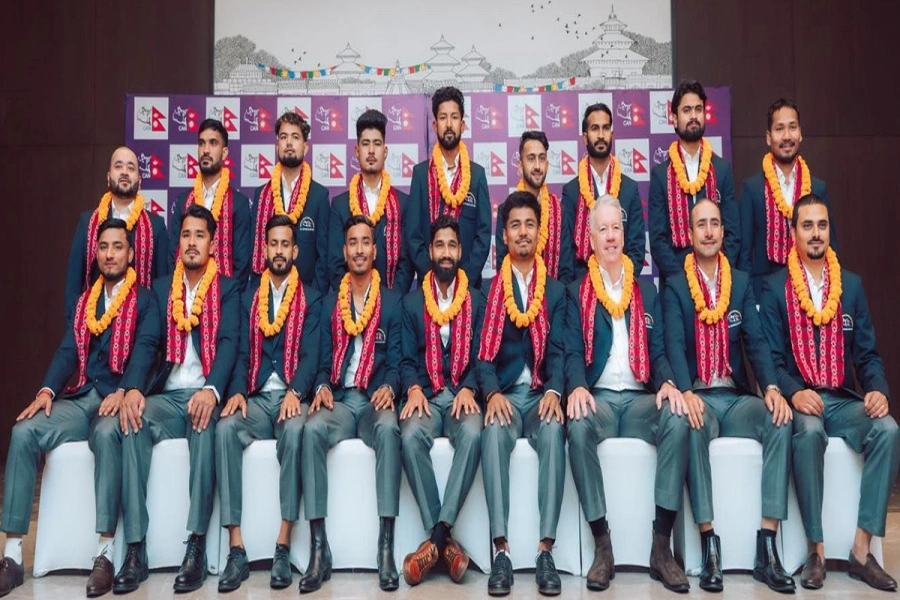Earlier, I summarized anti-corruption law reform issues (7 May 2023, MyRepublica). With the tabling of the bills in the parliament and discussion within the State Affairs and Good Governance Committee, the debate is in a full swing. Unfortunately, there is more smoke than fire; high decibel noises than a nuanced debate. Going by the media, the debate is on defining policy-level corruption and conflict of interest, expanding CIAA’s jurisdiction to cover corruption in the private sector, NGOs and other institutions, introducing harsher penalties, and doing away with the statute of limitations. But MPs have failed to address glaring absurdities. There is a Nepali saying: You cannot kill a headache by taking medicines meant to cure stomach pains. There is a kind of chaos and confusion over identifying remedies from malady or vice versa.
Election laws vs. Anti-Corruption laws
First, in the last local elections, more than a dozen elected ward-chairpersons and members (exact data is with the Election Commission) could not take oath and perform duties simply because corruption cases are pending in the court. You may be tempted to ask: If they were facing court cases then why were they allowed to contest elections in the first place? The answer lies in absurdities in our legal system. As per election laws, unless the person is convicted of corruption (irrespective of pending status) he or she is eligible to contest elections. However, as per the anti-corruption laws, any public officials charged by the CIAA are automatically suspended, therefore, cannot take oath and perform their duties. There is more absurdity than this. There cannot be re-elections until the court finalizes the pending cases. Literally, this means disenfranchising the public from electing their representatives. What kind of loktantra are we talking about here? I thought our lawmakers would correct this absurdity but I have not read anything on this serious issue.
Corruption vs. Abuse of Authority
Second, recently, media reported a kind of show-down between one of the commissioners of the CIAA and the Mayor of the Lalitpur metropolis over public land encroachment by the former and the Mayor bulldozing the compound walls of the Commissioner’s private residence. The CIAA, in turn, is reported to have issued a letter seeking clarification from the Mayor over his past decisions on discretionary granting of funds. At a subtle level, the case is similar to the recent show-down between the KMC Mayor and the Department of Roads over the expansion of pavement in the New Road area. Is not this an abuse of authority and tantamount to corruption? More importantly, when two public institutions enter into an open warfare, should not there be a coordinating agency?
Protests in Ukraine as Zelenskyy signs bill curbing anticorrupt...
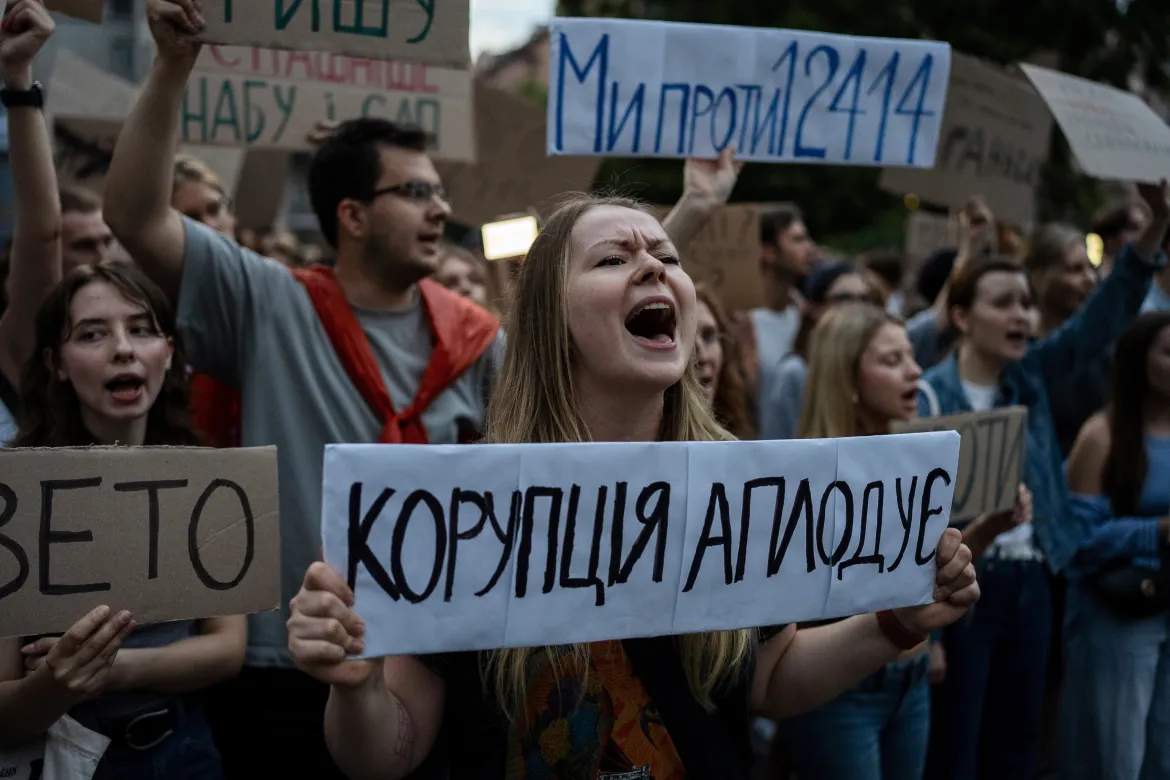
Who is responsible for fighting corruption?
Third, when it comes to fighting corruption, our lawmakers are vocal in taking punitive measures. These included doing away with statute of limitations and introducing severe punishment measures. The lawmakers, demanding actions against policy-level corruption, primarily meaning, giving the CIAA an authority to investigate Cabinet decisions, should know that in a democratic system, an elected government has full freedom as well as responsibility to implement policy promises made at the time of elections. You cannot have an absurd system where you give the right to the commissioners that you appointed. The level of public trust on the CIAA is indicated by benami ujuri or complaints lodged under fake or pseudo names.
In an anti-corruption drive, the basic question to be asked is: Who is responsible for controlling corruption in the country? Is it the court, the parliament, the CIAA, the executive, the civil society or the donor agency?
Over a dozen agencies, both within and outside the government, are involved in the fight against corruption, leading to challenges in inter-agency coordination. This often results in situations where one part of the state, such as the Election Commission, is unaware of the actions of another, like the CIAA.
The Bonus System
Fourth, there are no views on the anti-corruption bonus system. By the way, what is a bonus system? An illustration will make things clear. Recently, NC leader and former minister, Mr. Govinda Raj Joshi was convicted of corruption (illicit enrichment) and is expected to serve nine months of jail term plus a fine of Rs 6.9 million. If Mr. Joshi accepts the court verdict, he is entitled to have a 20% rebate on punishments. That means he will serve not more than six months after deducting 20% rebate plus any other time he might have spent behind the bar during investigation. Please don’t ask me how this bonus system works.
Private Sector Vs. Public Sector Corruptions
Fifth, there is a kind of consensus now that the CIAA should not be involved in investigating private sector corruptions. This will dampen the environment for foreign direct investments (FDI) or encroach on the regulatory powers of other agencies. This is an unbelievable argument. Anybody, taking this stand, should first turn the pages of the labor law on disciplinary actions and read the contents. It is written that the private sector management retains the right to fire an employee found indulging in bribery or corruption. Now, compare this provision with the case of public officials. In the public sector, the convicted employee not only forfeits his or her job but also has to serve prison terms plus monetary fines. A sensible person in the judiciary should explain why we have such a discriminatory punishment system for the same crime committed by the public and private officials?
Centralized anti-corruption agencies to fight decentralized corruption
Sixth, there is public outcry over decentralization of corruption in our federal structure. At local and municipal level, corruption is measured in terms of millions of rupees, at the provincial level, in terms of tens of million rupees and, at the central level, in terms of billions of rupees. Corruptions in the delivery of public services have, literally, defamed our FDR system. Many are now calling to abolish these non-functional provincial governments. However, the important point is that, at a time when corruption is being decentralized, all we have is all centralized agencies to fight corruption. The CIAA do have outreach agencies but the structure is not matched by distribution of Special Courts. Even Madhes Pradesh's attempt to control provincial level corruption by enacting Lok Pal Bill has defied its goal as all investigations are made subject to the CIAA decision. In the Constitution, we do have a provision to establish Provincial Investigation Bureaus (PIBs), but there is no progress in implementation. The MPs should have been debating on how centralized institutions can fight decentralized corruption.
Politics vs. Corruption
Finally, much of the problem rests on differentiating or drawing Laxman Rekha between politics and corruption (Refer to In the Jungle of Corruption, 13 May 2023, myRepublica). There is a famous line in anti-corruption literature: You can take away corruption from politics but you cannot take away politics from corruption. Very recently, Mr. Mukesh Dhakal, a sacked RSP Secretary General, could be seen charging RSP president for corruption in police personnel administration (transfers, promotions) during his brief stint as the Home Minister. He has accused that such bribery is done, not in Nepal, but in the USA. Is this an honest statement on corruption charges or a political stunt? Same can be said about accusations and counter-accusations made against Deputy Speaker and former DIG Mr. Ramesh Kharel. If you cannot differentiate corruption from politics and politics from corruption, you end up in an abysmally messy situation.
Let me end this writing with a sartorial piece from poet Arjun Parajuli: “In my country, corrupt people participate in anti-corruption programs. And after participation, they again indulge in corruption.” Here is PM Oli’s version: Corrupt people accuse people engaged in fighting corruption as corrupt people.




